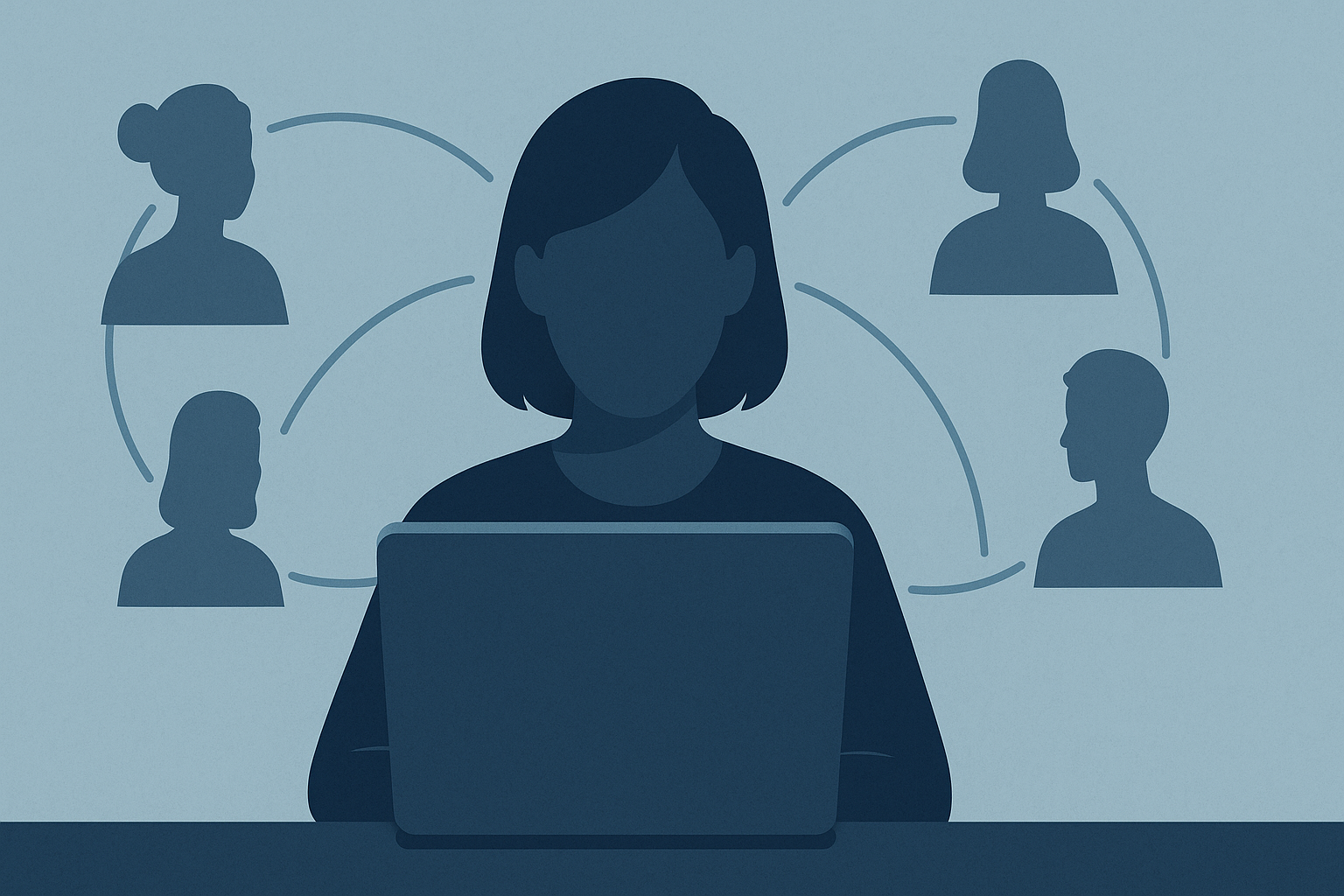Mental health stigma—the negative attitudes, beliefs, and discrimination directed towards individuals with mental health conditions—remains a significant barrier to seeking help. Many people fear judgment, misunderstanding, or negative consequences if they disclose their struggles. However, the rise of digital mental health tools, including AI-powered companions like Hope AI, is playing a crucial role in chipping away at this stigma and fostering a more open and supportive environment. The World Health Organization (WHO) consistently emphasizes the need to reduce stigma to improve mental health outcomes globally.
How Digital Tools Help Reduce Stigma
Digital mental health solutions offer unique advantages that directly address common fears associated with seeking traditional mental health support:
- Anonymity and Privacy: Many digital tools allow users to seek information, support, or even initial assessments anonymously or pseudonymously. This can be a crucial first step for individuals who are not yet comfortable discussing their mental health openly.
- Accessibility and Convenience: Digital tools are often available 24/7 from the privacy of one's home. This removes logistical barriers (like travel or scheduling) and makes support more readily available, especially for those in underserved areas or with mobility issues.
- Personalized and Non-Judgmental Interaction: AI-driven platforms can offer a non-judgmental space for users to express themselves. While not a replacement for human empathy, the perceived lack of judgment can make it easier for some to open up initially.
- Normalizing Mental Health Conversations: The increasing prevalence and discussion of mental health apps and online resources help normalize the idea that mental health is just as important as physical health, and seeking support is a sign of strength, not weakness.
- Educational Resources: Digital platforms often provide accessible, evidence-based information about mental health conditions, treatments, and coping strategies. This can empower individuals and their families, demystifying mental illness and combating misinformation. Organizations like NAMI (National Alliance on Mental Illness) run campaigns like StigmaFree to promote understanding.
The Impact of Reduced Stigma
When stigma is reduced, more individuals feel empowered to:
- Seek help earlier: Early intervention significantly improves treatment outcomes.
- Adhere to treatment plans: Feeling supported rather than shamed encourages continued engagement with care.
- Share their experiences: Personal stories can be incredibly powerful in challenging stereotypes and fostering empathy.
- Advocate for better mental health services: A more open environment can lead to greater public and political support for mental health initiatives.
The Role of AI Companions like Hope AI
AI companions like Hope AI can contribute to stigma reduction by:
- Providing a safe, initial point of contact for individuals exploring their mental well-being.
- Offering psychoeducation in an engaging and accessible format.
- Guiding users through self-help exercises based on established therapeutic principles, making these techniques more mainstream.
- Facilitating a gentle introduction to mental health concepts before an individual might feel ready to speak to a human therapist.
It's important to remember that while digital tools are powerful, they are part of a broader ecosystem of support. Human connection, community initiatives, and policy changes are all vital in the ongoing fight against mental health stigma.
"What mental health needs is more sunlight, more candor, and more unashamed conversation." - Glenn Close
The journey to a stigma-free world requires collective effort. Digital mental health tools are proving to be valuable allies in this mission, making support more accessible, private, and less intimidating. By embracing these technologies responsibly, we can help create a future where everyone feels safe and supported in prioritizing their mental health.
